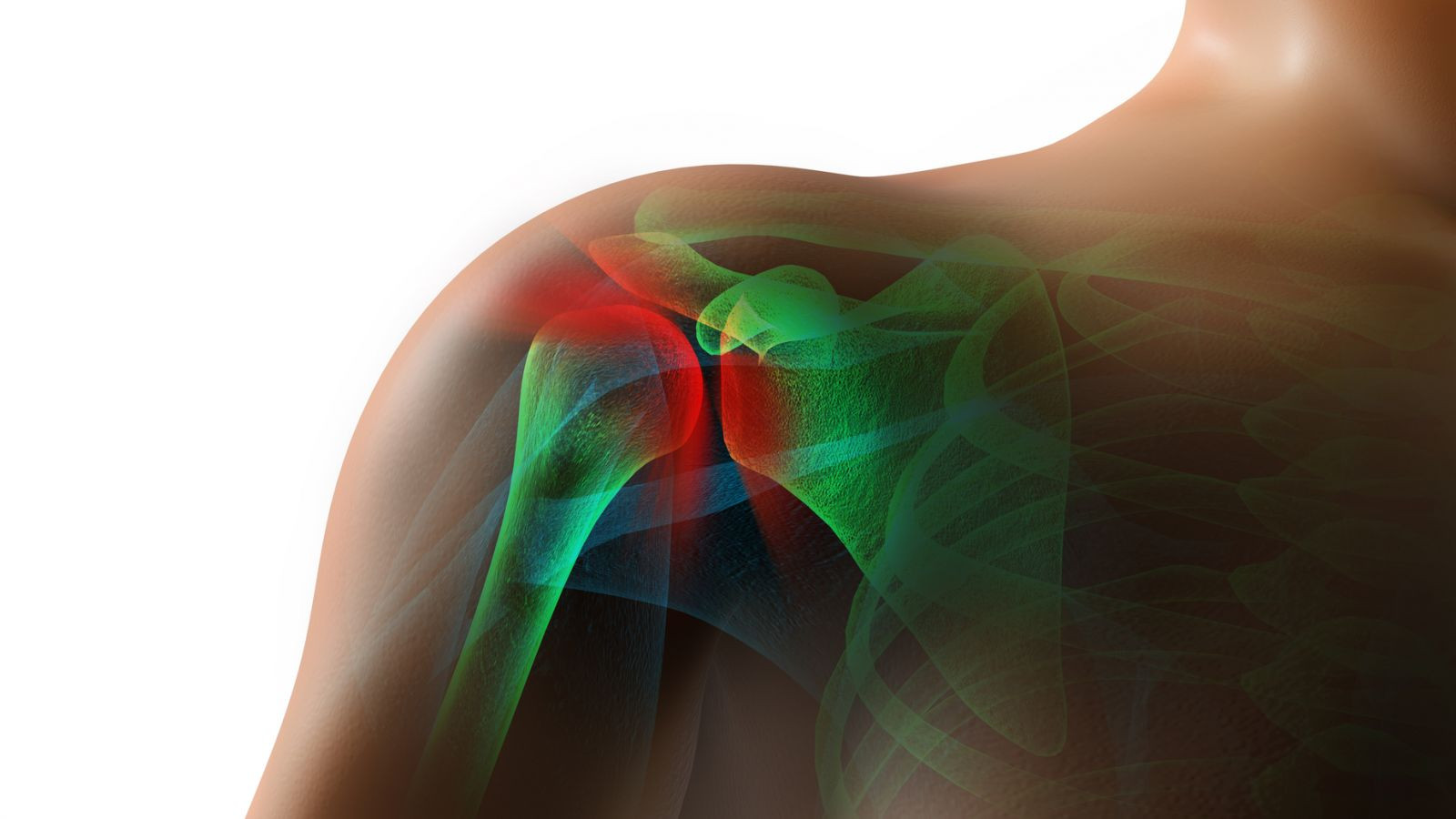Frozen shoulder is when the shoulder joint gets stiffened, leading to limited motion of the shoulder joint. It occurs when the tissue around the shoulder joint capsule gets inflamed. This condition is called frozen because the increase in pain leads to decreased use of the shoulder. However, decreased use makes the shoulder capsule thick, tight, and challenging to move.

People in the age group 40-60 years and women are prone to this condition. Frozen shoulders can be treated by a specialist of shoulder pain in Brunswick. Additionally, people with diabetes and heart conditions like stroke are also at risk of limited shoulder movement.
Signs and symptoms of frozen shoulders:
These include three stages:
- Freezing stage: Stiffness of shoulder and increase of pain occurs which gets worse during night time. Movement of the shoulder decreases, and it lasts about nine months.
- Frozen stage: Pain decreases but the stiffness of the shoulder persists. It leads to difficulty in performing daily activities. It lasts about six months.
- Recovery stage: Improvement in shoulder mobility can be seen with a decrease in pain. Recovery occurs as normal strength is restored. It lasts about two years.
How do doctors diagnose this condition?
There are various procedures used to diagnose the patient’s condition. These include:
- Discussion about symptoms and case history – A physical exam is conducted. Doctors move the shoulder in all directions to check the pain to determine the passive range of motion. In the next step, the doctor determines the dynamic range by looking at the movement of the shoulder.
- X-rays are performed to confirm frozen shoulders are not caused by any other condition like arthritis.
What treatments do doctors prescribe?
Various treatments are recommended to treat this condition. These can be home remedies or therapies and surgery. Home remedies work till the initial stage after that surgery is required to restore the motion.
Home remedies include:
- Hot-cold compresses: Effective to reduce pain and swelling.
- Medications: Doctors prescribe anti-inflammatory drugs, painkillers like Advil or Motrin. In severe cases, steroidal injections are injected directly into the shoulder joint.
- Physical therapy: Stretching exercises and home exercise programs are recommended by therapists.
Other procedure includes:
- Electrical nerve stimulation: Small device used to reduce pain by blocking nerve impulses.
- Manipulation under anesthesia: Under the effect of drugs, the doctors move the shoulder to cause a stretch of the capsule. It increases the range of motion.
- Shoulder arthroscopy: Doctors perform small incisions around the shoulder joint to insert small instruments to cause capsular release.
Frozen shoulder is not severe, and if treated early, the doctors may suggest physical therapy and prescribe medications. If you have tried the methods mentioned above and failed to observe any results, then you may consult a specialist for further assistance.
Leave a Reply